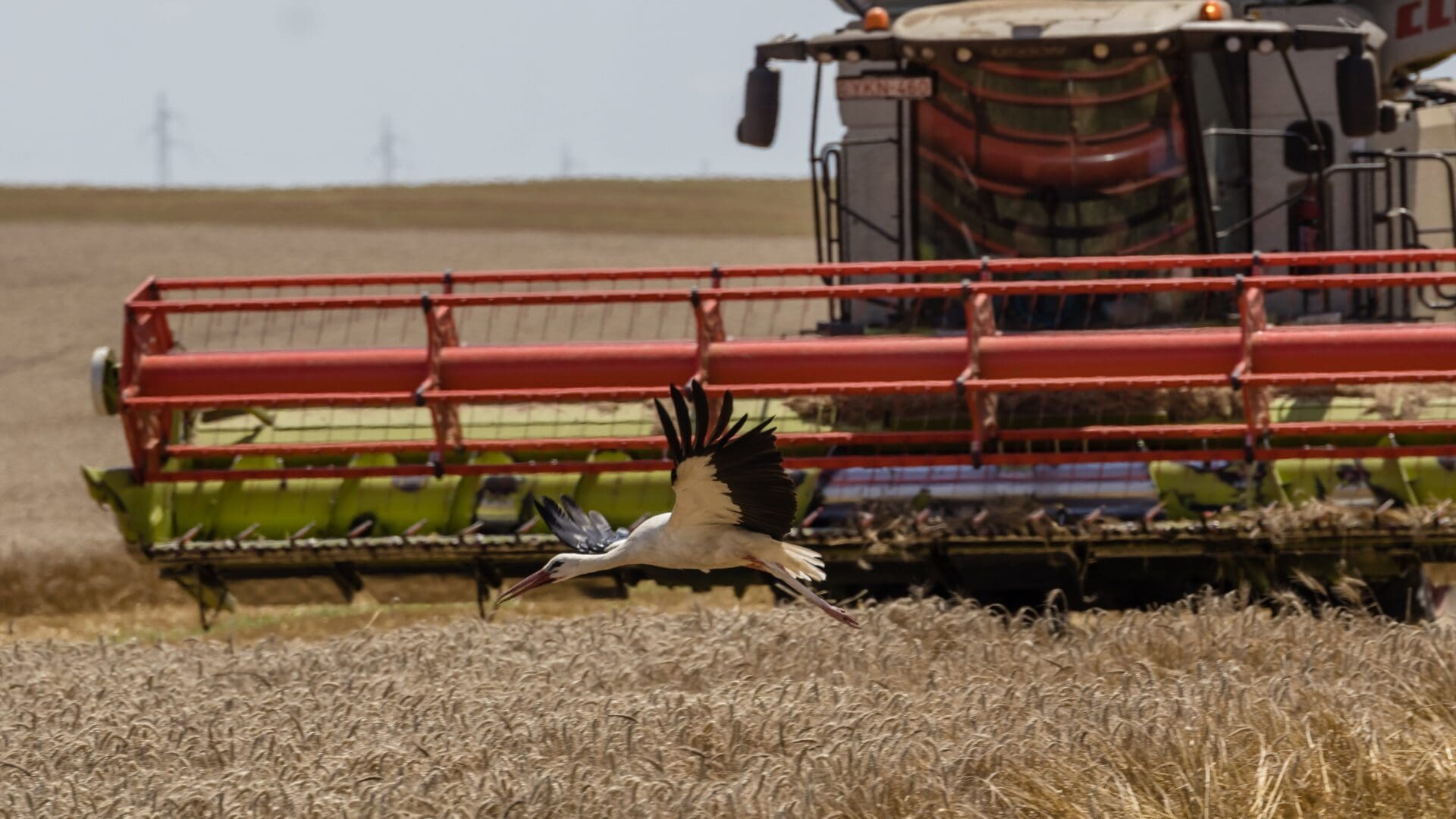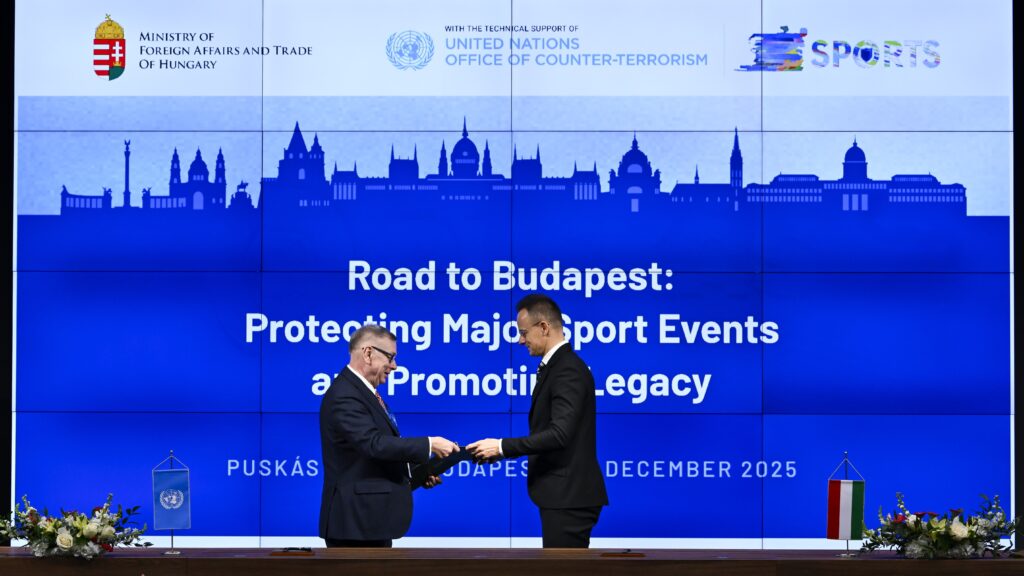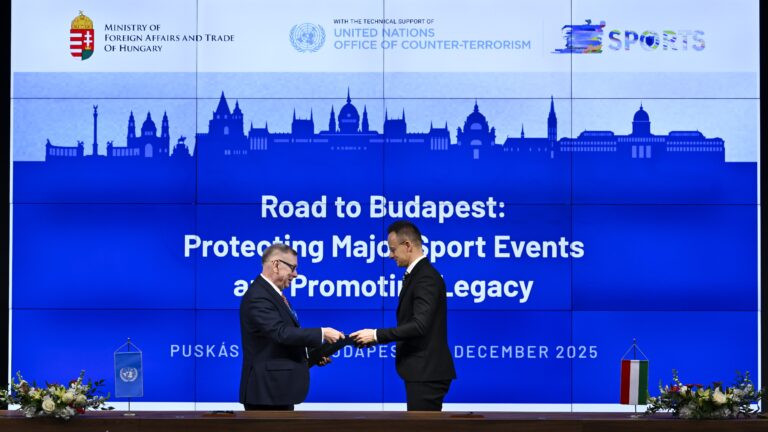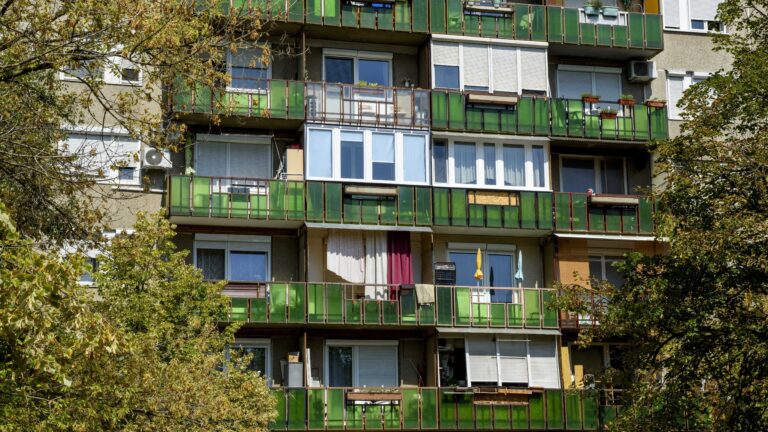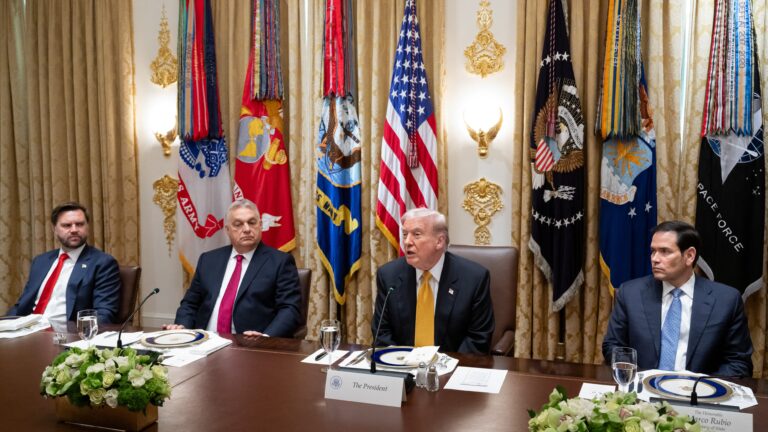According to István Nagy, the European Union is unwilling to find a solution to the Ukrainian grain issue, leaving Hungarians with no choice but to ‘consult with the leaders of farmers’ advocacy organizations, express our solidarity with European farmers, and collectively stand up for the protection of our interests.’
Agriculture Minister István Nagy stated in a press briefing in Brussels after the consultation of the Council of Ministers for Agriculture and Fisheries that farmer protests across Europe indicate that the over-politicized agrarian sector is unsustainable for farmers.
This situation, coupled with the vulnerability of the market, endangers their livelihoods,’ he pointed out.
The EU continues to keep its borders open to the agricultural produce of third countries, and Hungary should also admit Ukrainian grain, which is unacceptable, Nagy said. He reported that he had discussions with Valdis Dombrovskis, the EU Commissioner in charge of agriculture, and they concluded that Hungary should reach a bilateral agreement with Ukraine, meaning that Ukraine will not send grain, and Hungary will not accept it. He emphasized the need to immediately restore the original purpose of solidarity corridors, allowing products to reach needy third countries in the Middle East and Africa. Additionally, the farmers of EU member states neighbouring Ukraine need EU protection.
‘I see no other option than to reintroduce quotas for sensitive products. Furthermore, the markets of those products that were not subject to quotas in the association agreement must also be protected,’ he stated. Nagy pointed out that the Hungarian government is closing its borders to Ukrainian grain in violation of obligations that could lead to infringement proceedings. Nevertheless, he emphasized that the primary concern for Hungary is the interest of Hungarian farmers.
He also highlighted information from the Ukrainian Ministry of Agriculture’s website which indicates that the production of field crops is unprofitable in the country, especially for small and medium-sized farmers. ‘It is a legitimate question whether the complete opening of the market will achieve its goal. While the agricultural producers in the border member states are facing increasingly difficult situations, the benefit of Ukrainian exports goes to traders and large foreign owners, and the products do not reach needy third countries,’ he explained.
‘It is unsustainable for Europe to import from third countries while its own producers have to give up production,’ he nailed down. In his view,
a well-functioning and ambitiously funded common agricultural policy is the most crucial prerequisite for farmers to continue guaranteeing food security.
The fair remuneration of farmers is a top priority, and there must be a focus on generational renewal, as the aging of the farming community remains an unresolved issue in Hungary and the European Union.
He also highlighted sustainability and the contribution of the agricultural sector to the fight against climate change as important topics. He pointed out that considering the experience of the common agricultural policy, it is essential to discuss how farmers can contribute to green goals without those efforts negatively affecting competitiveness and food security. ‘A stable, predictable, farmer-friendly, and better-regulated support system is needed to encourage farmers to achieve common goals and promote the green transition. Reasonable and achievable conditions must be set to balance competitiveness and sustainability,’ he declared.
Related articles:
Sources: Hungarian Conservative/MTI

